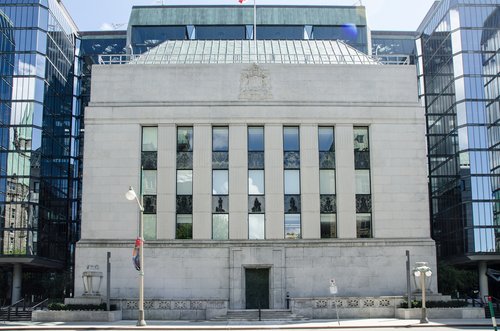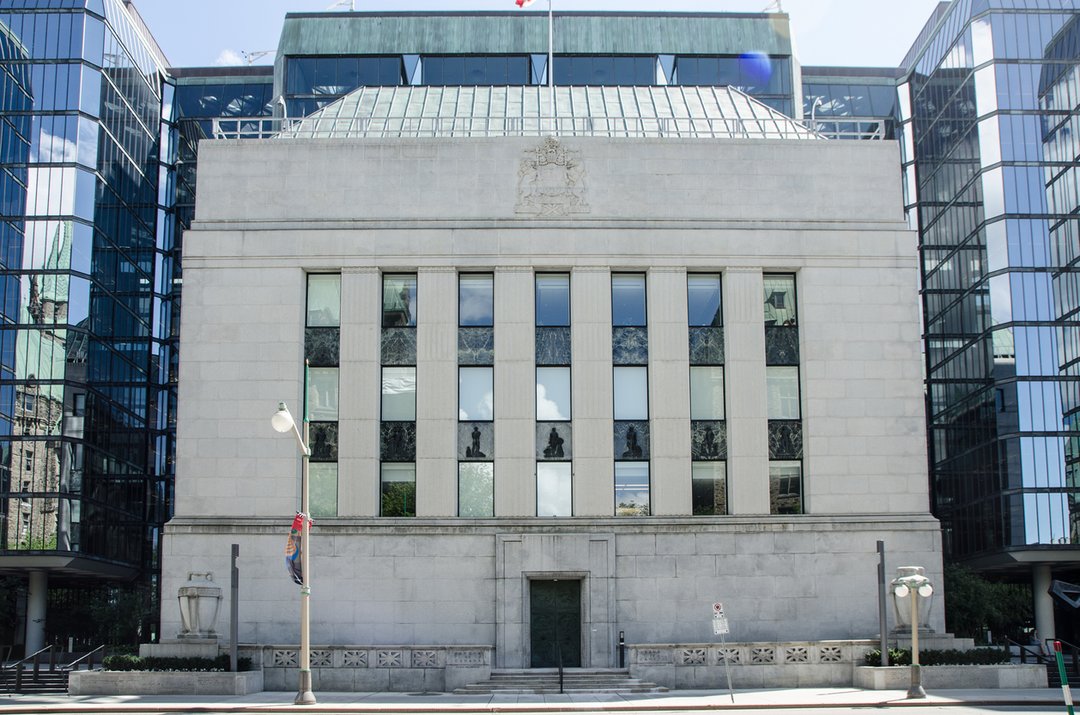
The Bank of Canada raised its benchmark interest rate to 4.75 per cent, restarting its monetary policy tightening campaign in response to stubborn inflation and surprising resilience in the Canadian economy.
The quarter-point rate hike increases borrowing costs for the first time since January, pushing up Canadian mortgage rates and squeezing household budgets. The last time the policy rate was 4.75 per cent was in May 2001.

iStock-1267532973
Central bank officials kept interest rates steady over the past two rate announcements while they waited to see if borrowing costs were high enough to bring inflation under control. A run of stronger-than-expected data over the past month – showing robust consumer spending, a tight labour market and a rebound in housing market activity – called that “conditional pause” into question.
“Based on the accumulation of evidence, Governing Council decided to increase the policy interest rate, reflecting our view that monetary policy was not sufficiently restrictive to bring supply and demand back into balance and return inflation sustainably to the 2-per-cent target,” the bank said in its rate announcement.
The bank gave no indication of whether this would be the final rate hike or the start of a new phase of monetary policy tightening. It said it will continue to assess inflation dynamics, paying close attention to core inflation measures – which strip out more volatile prices – wage growth, corporate price-setting behavior and Canadians’ expectations about inflation.
Consumer price index inflation has declined considerably since last summer, falling to 4.4 per cent in April from 8.1 per cent last June. Central bank economists still expect inflation to fall to around 3 per cent this summer, as year-over-year oil price comparisons drag down headline inflation. But they’re nervous about the next leg down.
“With three-month measures of core inflation running in the 3.5 to 4 per cent range for several months and excess demand persisting, concerns have increased that CPI inflation could get stuck materially above the 2-per-cent target,” the bank said.
The Bank of Canada was the first major central bank to halt monetary policy tightening, when it announced a pause to rate hikes in January after eight consecutive increases. At the time, Governor Tiff Macklem and his team thought they’d done enough to guide inflation back down. Interest rate increases work with a considerable lag, and most economists expected the Canadian economy to stall through the first half of 2023.
Canadian businesses and consumers, however, have proven remarkably resilient to higher borrowing costs. Households continue to spend eagerly and employers keep hiring workers, holding the unemployment rate near a record low. Meanwhile, the housing market, which fell into a deep funk last year, is showing signs of a rebound.
This is a problem for the Bank of Canada, which is deliberately trying to slow economic activity to reduce upward pressure on consumer prices. The bank’s goal is stabilizing the purchasing power of the Canadian dollar. And over the past year-and-a-half it’s shown considerable willingness to dish out pain to households and businesses to achieve that end.
In particular, the bank is looking for the labour market to weaken and unemployment to rise. Strong demand for workers is pushing up wages, feeding through into inflation, particularly for services.
“The labour market remains tight: higher immigration and participation rates are expanding the supply of workers but new workers have been quickly hired, reflecting continued strong demand for labour,” the bank said.
“Overall, excess demand in the economy looks to be more persistent than anticipated,” it added.
It’s unclear why rate hikes have not bitten as much as expected. Economists point to several possible explanations, including a build-up of savings over the COVID-19 pandemic, and the fact that many variable rate mortgage holders have been allowed to extend their amortization periods, rather than paying more each month.
Wednesday’s rate hike will put additional pressure on mortgage holders, and could act as a brake on housing market activity, which has picked up this spring, especially in major markets like Vancouver and Toronto.
There is no Bank of Canada speech or press conference on Wednesday. Deputy governor Paul Beaudry will give a speech explaining the rate decision on Thursday at 3:25pm EST.
Comments are closed.
